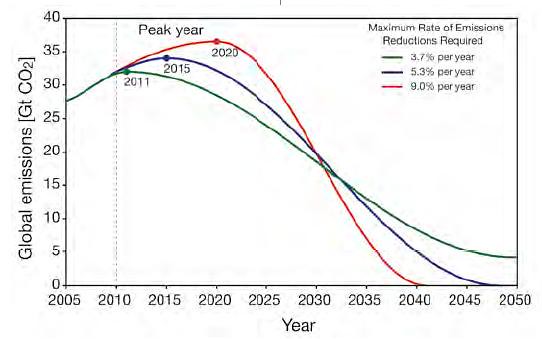This morning, Labour leader Phil Goff announced that he was abandoning the NeoLiberal consensus on monetary policy, with the aim of getting a monetary policy that works for the many rather than the rich few. But specifics were few and far between - and Labour's Finance Spokesperson David Cunliffe has said that there won't be any, at least not until "nearer the election".
Its a particularly irritating example of the politician's meme of "keeping their powder dry". The common wisdom among politicians and beltway "journalists" is that oppositions should do this, to prevent criticism and to avoid having good ideas stolen by the government. But the former amounts to lying to the public (and doesn't work anyway, as well as making you look like you are full of waffle), while the latter is actively counterproductive. After all, if the goal is to implement your policies, isn't having them stolen and implemented by the government a good thing?
But I forget: the goal isn't policy change, but power. And to politicians, policy - the stuff that affects our lives for better or worse - is simply a means to an end, a rhetorical prop in pursuit of that goal.
Update: OK, so that last bit was a bit harsh. I have a deep vein of cynicism about politicians which I should keep under better control. But as someone who loves detail, thinks the merits of policy actually matter, and that people can decide on complex matters of policy for themselves, this "keep your powder dry" approach followed by politicians and excused incessantly by their beltway stenographers frustrates me intensely. Moreso when I see how different things could be.
Look at the Greens. They don't keep their powder dry. They release their policy details. And they've won their arguments by doing so. Even National, who just a few short years ago were deep in denial about climate change, now realise they have to look "credible" on those issues (they don't, but they realise they have to try).
"Keeping your powder dry" is refusing to have the argument. Which means in turn that you don't win it. That might not matter to politicians - after all, does winning arguments with the public win votes? If not, do they need to care about the views of anyone outside parliament? - but as someone who believes in an active democratic citizenry, it matters to me.
